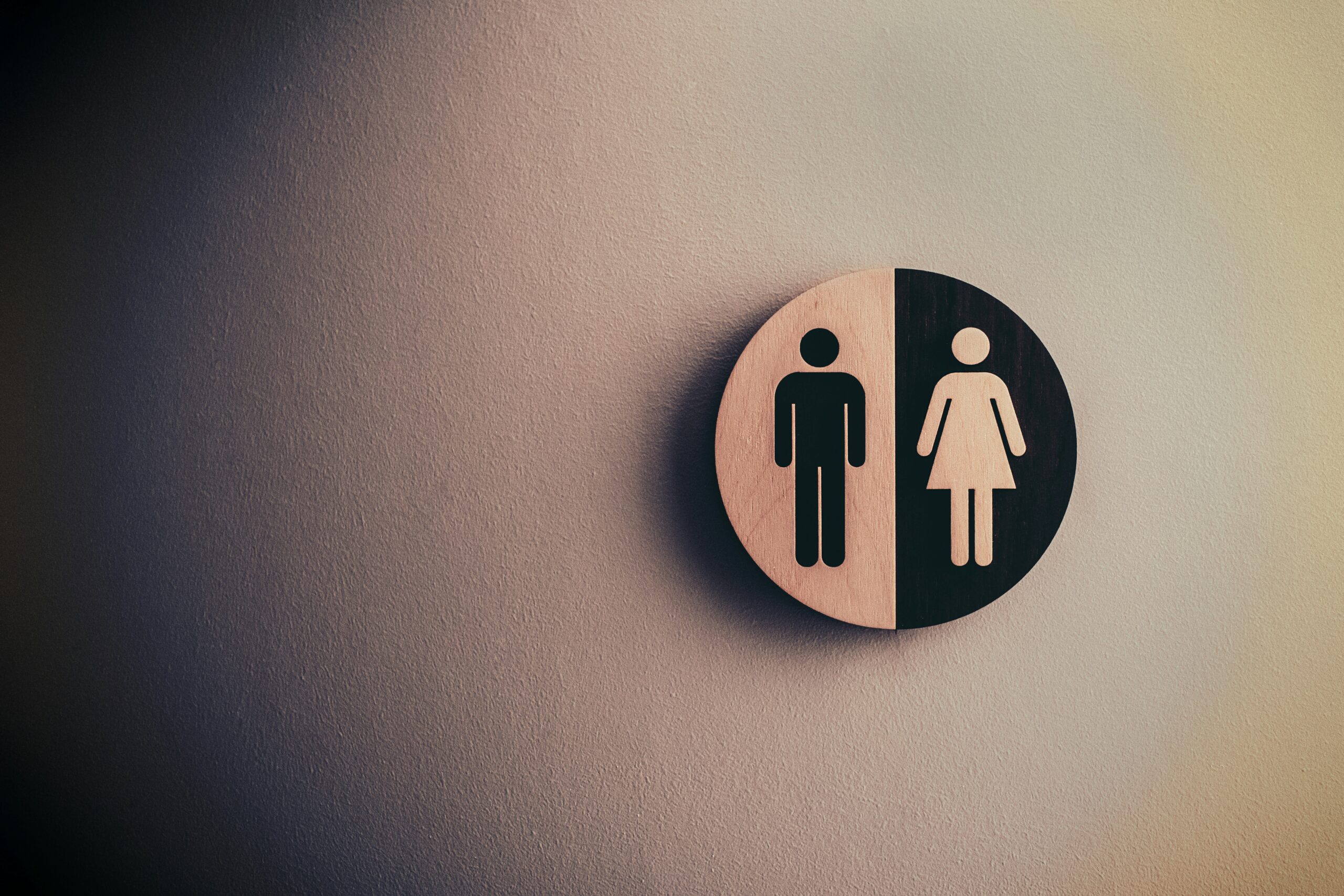As new graduates start looking for their first job this summer, analysis* of government data shows that they could face a gender pay gap from day one of employment.
Using government data, Startups has uncovered that the average gender pay gap for employees aged 22-29 is 3.0%.
Given that the majority of new graduates entering the workforce are aged 21 or 22, this suggests that young women employees can expect to earn less than male peers for their entire career
In fact, the longer a female employee remains in the workforce, the worse things get. Startups also found that the gender pay gap increases with age, peaking at 14.2% on average for 60-69 year olds.
This is likely due to the motherhood penalty. Working mothers are more likely to drop their hours and work part-time in order to balance childcare commitments.
For graduates, who are less likely to have children, the pay gap is more likely caused by women having lower starting salary expectations than men, perhaps due to their own preconceived notions of the gender pay gap or entering lower paid industries.
When does the gender pay gap close?
Once in a role, it’s unlikely female graduates will see the closure of the gender pay gap. If the gap continues at the same rate of decrease, it will take 29 years to close, according to the Financial Times.
That means even women employees who haven’t yet been born can expect to be paid less than their future male colleagues.
Startups.co.uk Lead Writer, Helena Young, comments: Our analysis of the ONS data suggests that this summer, as thousands of excited university leavers begin applying to graduate roles, many will earn less in their career simply because of their gender. It’s a shocking reflection on today’s workplace that even a newborn baby can expect to lose out on pay to a future male colleague.”
“Companies must work harder to close the gender pay gap in their workforce. While the causes are nuanced, the result is clear. A concerted effort by government and UK businesses is needed to address the external and psychological factors that lead to women employees being viewed as literally worth less than men.”
*Startups.co.uk







